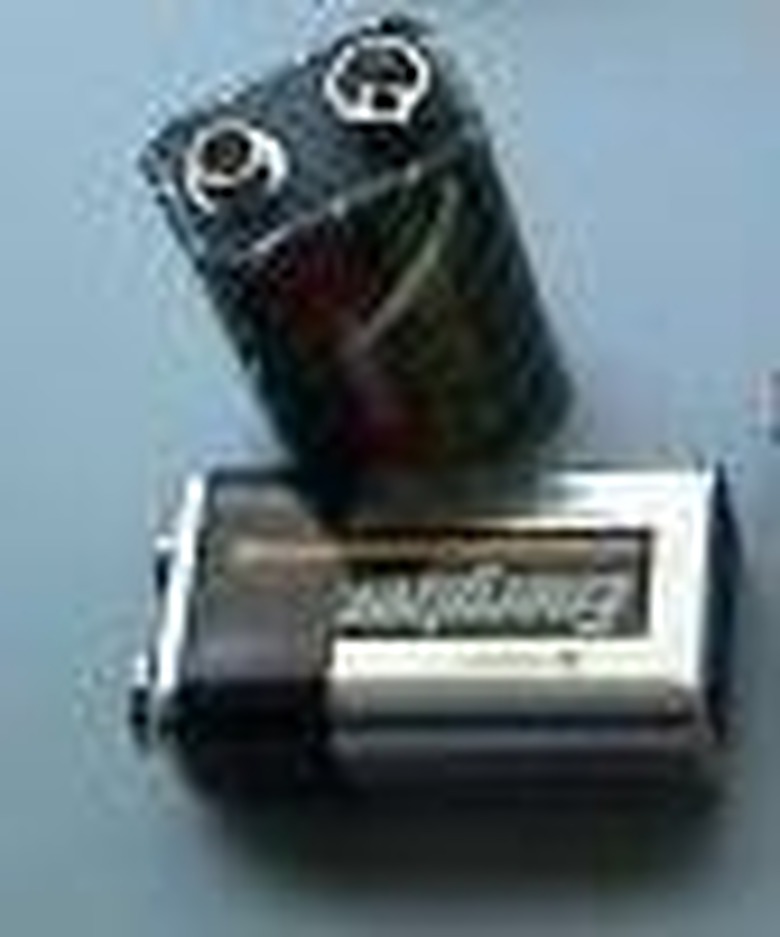How Do Dry Cell Batteries Work?
What are Dry Cell Batteries?
What are Dry Cell Batteries?
Dry cell batteries are batteries that use an extremely low-moisture electrolyte. They are contrasted by wet cell batteries such as lead-acid batteries, which use a liquid electrolyte. The electrolyte that is used in most dry cell batteries is a sort of paste which, though containing moisture, is still relatively dry. The most commonly used forms of dry cell battery are "C" batteries, "A" batteries, 9-volt batteries, and watch batteries.
How Do Dry Cell Batteries Work?
How Do Dry Cell Batteries Work?
Dry cell batteries create electrical energy by converting chemical energy into electricity. The exact means of doing so depends on the type of dry cell battery in question, but the materials that are used are generally zinc and carbon or zinc and manganese dioxide.
These materials are placed within the electrolyte paste within the battery. They react with each other through a chemical process in which the electrolyte (carbon or manganese dioxide) reacts with the zinc, creating electricity. This is transmitted out of the battery using positive and negative electrodes.
What are the Advantages of Dry Cell Batteries?
What are the Advantages of Dry Cell Batteries?
When dry cell batteries were first created, they boasted many advantages over wet cell batteries. The first wet cell batteries were often very delicate and could leak from their caustic electrolytes when inverted or simply when moved too vigorously. Dry cell batteries were much less volatile and could survive much harsher treatment. In contemporary times gel batteries have solved most of the worst problems with wet cell batteries, but dry cell batteries still do have advantages in certain applications.
Cite This Article
MLA
Weed, Geoffrey. "How Do Dry Cell Batteries Work?" sciencing.com, https://www.sciencing.com/dry-cell-batteries-work-4588122/. 24 April 2017.
APA
Weed, Geoffrey. (2017, April 24). How Do Dry Cell Batteries Work?. sciencing.com. Retrieved from https://www.sciencing.com/dry-cell-batteries-work-4588122/
Chicago
Weed, Geoffrey. How Do Dry Cell Batteries Work? last modified March 24, 2022. https://www.sciencing.com/dry-cell-batteries-work-4588122/
